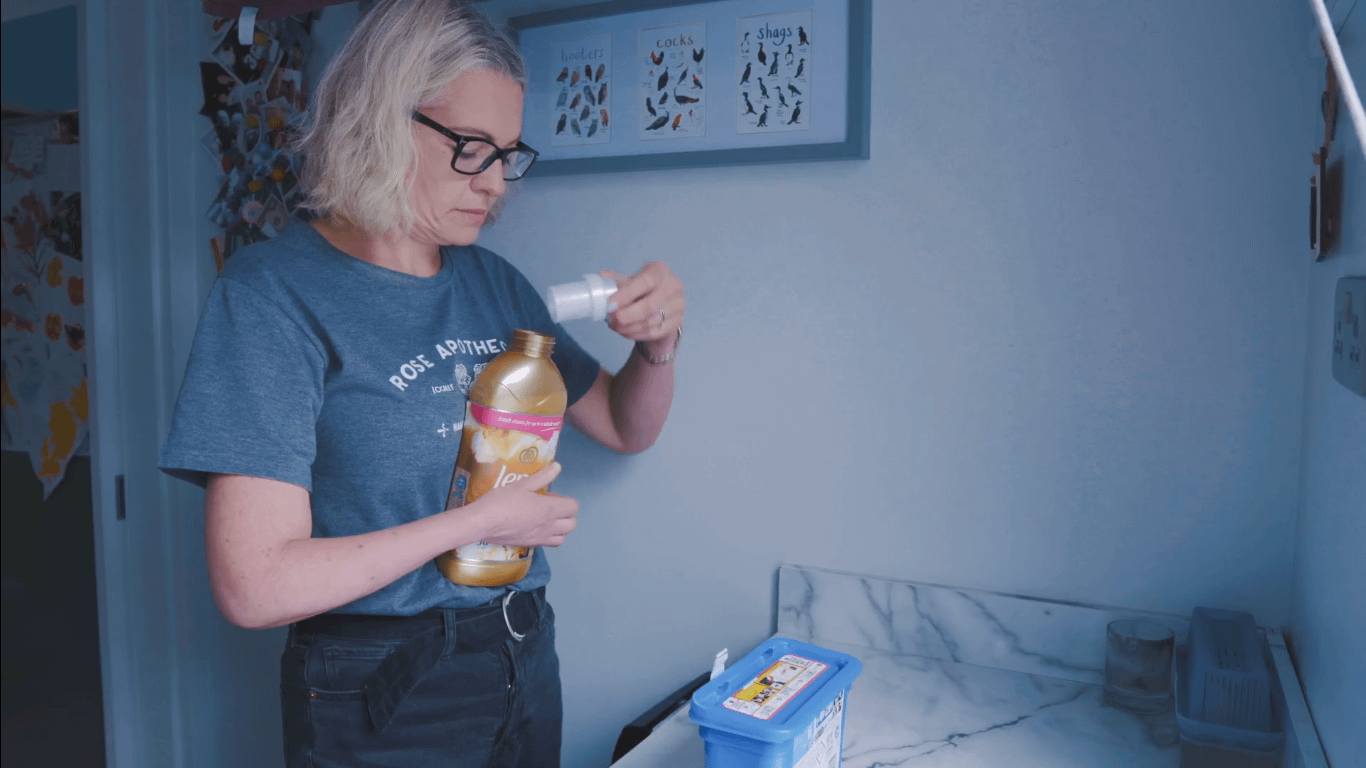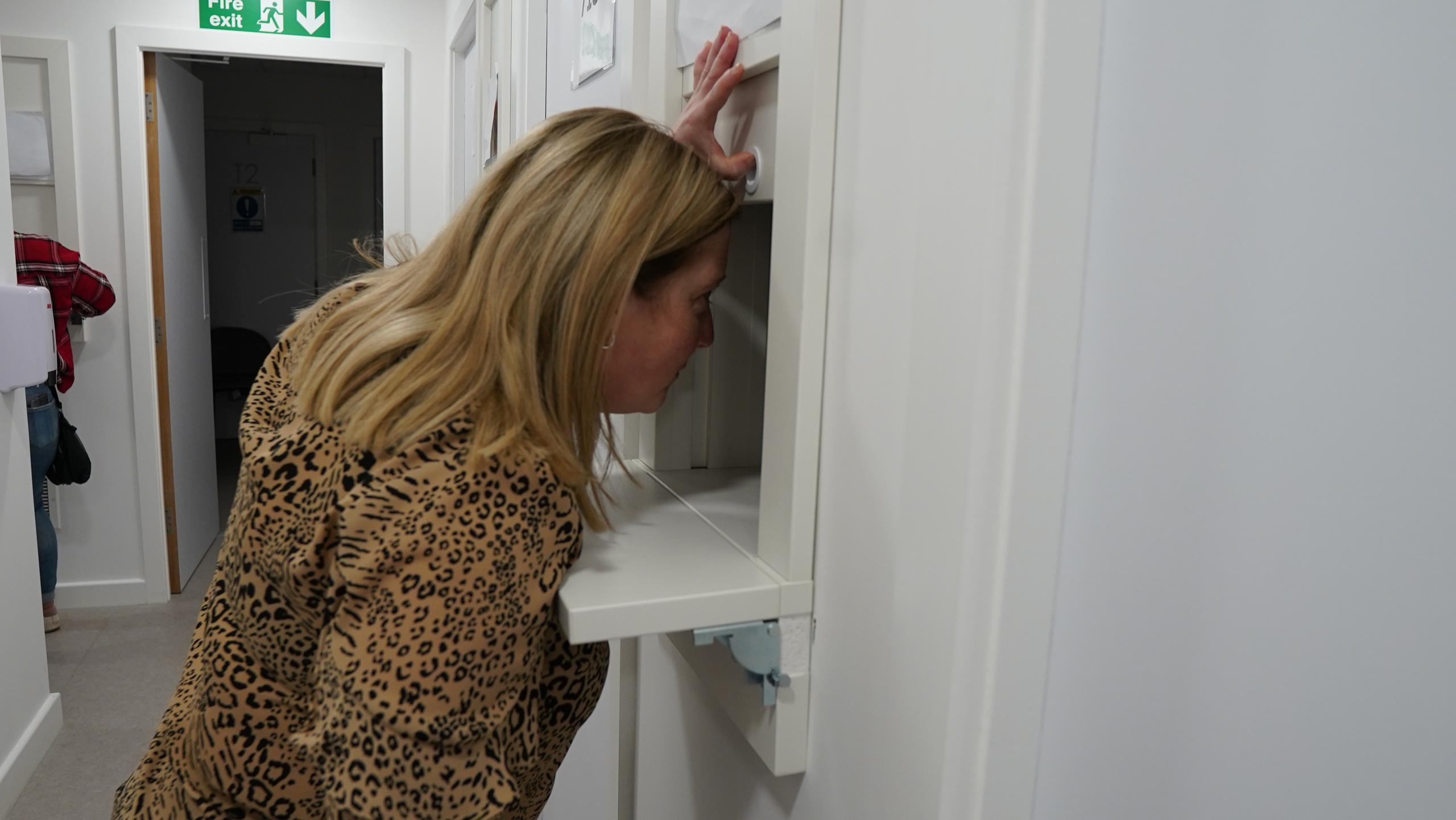A quick guide to product testing
Here at Sense:buds, we vow to make the product testing process easy for our community, however, we understand it can be a little ambiguous for those who haven't done it before.
In its essence, product testing involves measuring the performance and properties of a product to determine if it’s fit for purpose.

So, what does this actually mean? Essentially product testing is carried out to help improve a product by either having consumers trial it and give their feedback, or by comparing it to competitors to see the strengths and weaknesses versus the current market standard. Just some of the ways our clients research this is by consumers assessing the fragrance, trialling it alongside their current lifestyle, getting feedback on new packaging or tasting the product.

This is where we need you. At Sense:buds, we provide market research agencies with the participants they are looking for. We pride ourselves on putting the participants first which is when you take part in a study through us, you are always paid as your time. We have tests varying from home usage tests (with product delivery straight to your doorstep), to studies at our on-site testing facility, Sense:Lab Leeds.

Although no two studies are the same, studies usually fall into one of two categories, either qualitative or quantitative. Qualitative studies involve looking more at feedback and trying to understand behaviours, where as quantitative studies are more numbers lead. For example, have you ever seen an advert on TV that states ‘9 out of 10 women said…’? That’s a great example of a claims test, where the client will have taken out market research in order to find that result. Depending on which style of research we are doing, this changes the kind of questions we ask as well as how we ask them.
If you would like more information regarding our tests, feel free to email us at info@sensebuds.co.uk, if we get a lot of interest, we may make some more deep dive blogs in the future.

So, what does this actually mean? Essentially product testing is carried out to help improve a product by either having consumers trial it and give their feedback, or by comparing it to competitors to see the strengths and weaknesses versus the current market standard. Just some of the ways our clients research this is by consumers assessing the fragrance, trialling it alongside their current lifestyle, getting feedback on new packaging or tasting the product.

This is where we need you. At Sense:buds, we provide market research agencies with the participants they are looking for. We pride ourselves on putting the participants first which is when you take part in a study through us, you are always paid as your time. We have tests varying from home usage tests (with product delivery straight to your doorstep), to studies at our on-site testing facility, Sense:Lab Leeds.

Although no two studies are the same, studies usually fall into one of two categories, either qualitative or quantitative. Qualitative studies involve looking more at feedback and trying to understand behaviours, where as quantitative studies are more numbers lead. For example, have you ever seen an advert on TV that states ‘9 out of 10 women said…’? That’s a great example of a claims test, where the client will have taken out market research in order to find that result. Depending on which style of research we are doing, this changes the kind of questions we ask as well as how we ask them.
If you would like more information regarding our tests, feel free to email us at info@sensebuds.co.uk, if we get a lot of interest, we may make some more deep dive blogs in the future.


